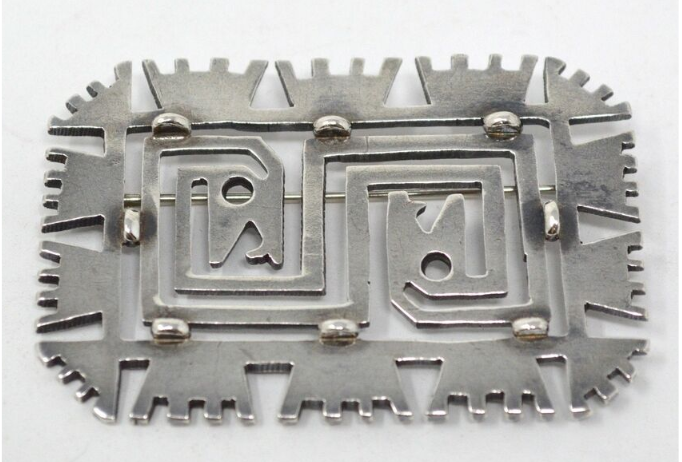
"The Representation of Reenchantment: Local Governance, Cultural Narrative, and Contemporary Architecture in Ningbo, China"
- Thursday February 12, 2026 | 4:30 p.m. - 6 p.m. | Boger 112
Hunter Shen ’18, Harvard JD/MUP; Associate, Latham & Watkins
Renowned for Wang Shu’s iconic Ningbo Museum, the city of Ningbo serves as a vital experimental ground for contemporary architecture at the local level. Over the years, leading international and Chinese architects—from Kengo Kuma, Toyo Ito, Álvaro Siza, and Richard Rogers to Wang Shu, Zhu Pei, and Wang Hao—have competed for the political and cultural promise of this historic coastal economic powerhouse. Their works respond to rigidly selected or ideologically formulated cultural narratives, integrate global and local design strategies, and pursue an evolving stylistic ambition within a fast-changing economy. These architectural samples from a Chinese secondary city test and contest the Zeitgeist of a booming society, prompting an expressive—even collective—revival of enchantment through the repeated reimagination of preserved sites and natural-cultural landscapes. This lecture utilizes Ningbo as a case study to explore the dynamic conversations between local history, global aesthetics, changing identities, design innovations, and the manifestation of various "-isms" in a pluralistic and fluid setting.
This event is co-sponsored by the Samuel Silipo ’85 Distinguished Visitors Fund of the Department of Art and Art History, the College of East Asian Studies, and the College of Social Studies.

"Latent Value: Spratling Silver and the Aesthetics of Mineral Development"
- Monday April 6, 2026 | 4:30 p.m. - 6 p.m. | Boger 112
Grace Kuipers '14, Postdoctoral fellow, High Meadows Environmental Institute, Princeton University
What can the U.S. pursuit of foreign minerals tell us about modernist design practices? This talk examines the U.S. designer William Spratling’s silver jewelry workshop in Taxco, Mexico, to explore the ways developmentalist approaches to mineral extraction shaped the aesthetic and cultural expressions of modernist primitivism in the 1930s. Crafted from high-grade Mexican silver and adapted from Pre-Columbian motifs, Spratling’s jewelry was celebrated as a modernist revival of Indigenous design traditions. Yet the workshop was also framed as an economic revival, credited with resurrecting Taxco’s colonial-era mines and reactivating the region’s dormant mineral resources. As an early project of cultural diplomacy, Spratling’s enterprise enacted a politics of mineral developmentalism, in which U.S. standards of technological modernity promised to more efficiently measure, manage, and extract Mexico’s subterranean natural resources. Ultimately, this talk considers how mineral developmentalism shaped the visual dimensions of Spratling Silver: from the spectacles of Indigenous labor that produced it, to the silver materiality of the jewelry itself, and finally the aesthetic vocabulary of Spratling’s primitivist design process, which staged the conversion of “latent” formal values into abstract stores of value that could be possessed or exchanged.
This event is co-sponsored by the Samuel Silipo ’85 Distinguished Visitors Fund of the Department of Art and Art History, the Bailey College of the Environment, and the Latin American Studies Program.
Past Events
Building the Future: Towards a Climate Ready Architecture
-
Monday December 8, 2025
Richard C. Yancey '85, Founding CEO, Building Energy Exchange
Shifting Shelves — Libraries of the 19th-Century Islamic World
- Friday October 24, 2025
Yael Rice, Associate Professor of Art and the History of Art and of Asian Languages and Civilizations, Amherst College - "Scattered Leaves: The Fates of South Asian Albums (Muraqqa’s) and their Libraries, 18th-19th c."
Deniz Türker, Assistant Professor of Islamic Art and Architecture, Rutgers-New Brunswick - "Tanzimat’s Antiquarians, Their Coins, and Books"
Selin Ünlüönen, Luther Gregg Sullivan Fellow in Art History, Wesleyan University - "The Treasury, the Museum, the Library: How to Keep Books in Qajar Iran"
Extracting the Past: How the 'AI' Industry Exploits Art History and What We Can Do to Stop It
-
Tuesday September 16, 2025
Sonja Drimmer, Associate Professor, History of Art & Architecture, University of Massachusetts Amherst